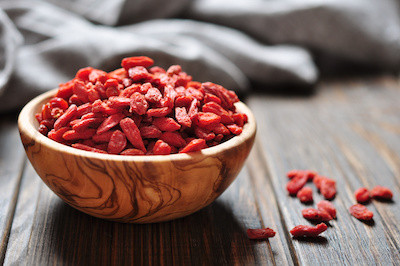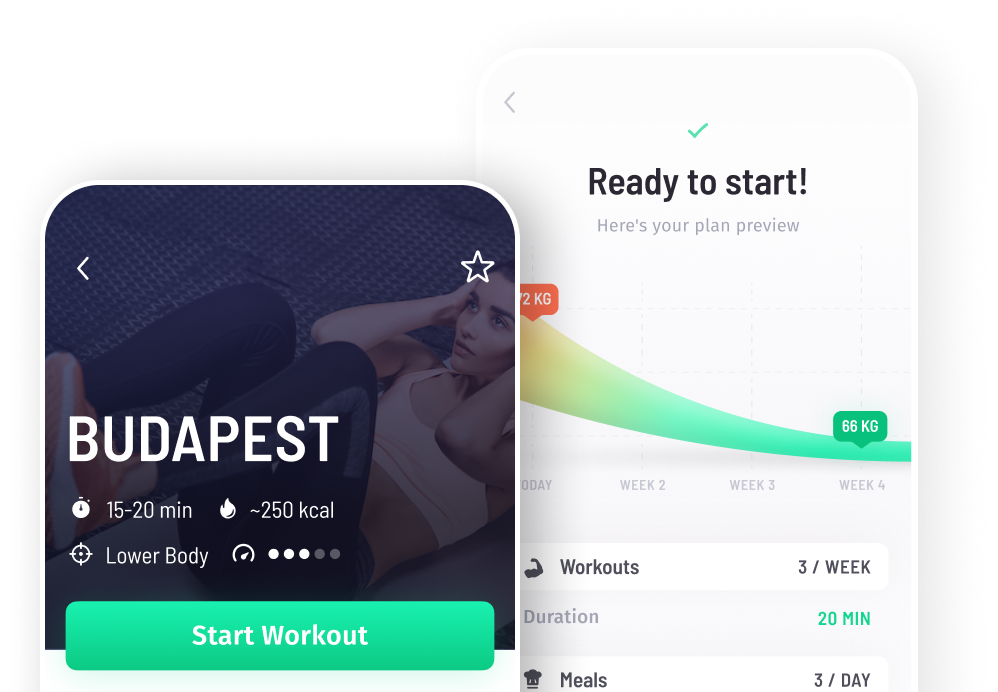The term superfood has become so common that you probably can’t remember a time when you weren’t bombarded with food labels claiming to offer a whole range of extraordinary health benefits. From superberry smoothies to supergrain salads, superfoods are everywhere. But have you ever stopped to wonder just exactly what superfoods are and what they can do for you?
What are superfoods?
Although it is worth remembering that there is no scientifically approved industry definition, it is commonly accepted that the term superfood refers to any food that has a particularly high concentration of vital nutrients – vitamins, minerals, fatty acids or antioxidants – which keep our bodies functioning optimally. As these nutrients present in relatively high amounts in superfoods, you only need to eat small quantities to reap the benefits.
Which foods are definitely not superfoods?
Many of the foods that can easily end up forming the main part of your daily intake are actually disappointingly lacking in true nutritional value. Processed foods have high levels of sugar and trans fats which, although they provide plenty of energy, have little to no health benefits. These are called empty calories and excessive consumption is associated with a whole range of diseases, including obesity, cancer and diabetes.
Superfoods to try
You probably already consume some superfoods already: berries, salmon and kale are readily available on the shelves of most food stores. But have you heard of açai, goji or chia? Read on to discover the health-giving properties of these superfoods and get motivated to try adding them to your basket on your next shopping trip!
Açai.
This South American berry looks a bit like one of its superfood cousins, the blueberry. Whilst both contain high levels of anticarcinogenic and heart protective antioxidants, the açai berry – very unusually for a fruit – also contains oleic acids, a healthy fatty acid like that found in olive oil and oily fish. Buy frozen for use in muffins and home-blended smoothies.
Read also: Acai bowl calories: here is what you should know
Seaweed
Yes, that’s right – seaweed! Think the nori sheets wrapped around your favorite sushi. These green gems contain heaps of bone-friendly minerals including calcium, magnesium and potassium – a deficiency in which has also been linked to depression and cramping in sports. Seaweed also contains omega 3 fatty acids – ideal if you’re not a fan of eating too much oily fish.
Goji

Another berry, this time originating from Asia. The goji has been subject to all sorts of exaggerated marketing hype including claims for extending lifespan, but what is certain is that this little berry contains very high concentrations of immunity-boosting vitamin A, which is also important for healthy vision and has been shown to help protect skin from UV damage. It also provides a decent serve of vitamin C and antioxidants. Buy them dry to snack on and sprinkle over cereals and salads.
Chia
These tiny seeds are black in color and originate from Central America. First off, they are relatively high in fiber, something that most of us don’t get enough of in our daily diet. Fiber is vital for a healthy digestive system and comfortable bowel movements. Next, for a plant food they also contain a good dose of protein, which may be especially useful if you follow a vegetarian or vegan diet and so don’t consume protein from animal sources. Chia seeds also contain plenty of omega 3 fatty acids. They don’t have a strong flavor, so you can add them easily to cereals, yoghurt, baked goods and even smoothies.
Tea
Green, black or white: known for its powerful antioxidant properties, tea is a healthy drink and widely available, making it the ideal option for replacing sugary sodas in your diet. Green tea in particular contains an extra-special antioxidant compound called ECGC which has been associated with lowering cholesterol and inhibiting the growth of cancer cells.
Quinoa
Technically a seed but used in cooking in the same way as a grain, quinoa may have been on your radar for a while now. You can substitute it for rice and pasta and make endless tasty lunch salads by tossing with a dressing and some raw vegetables. It provides all nine of the amino acids that the body needs to obtain from diet (as it can’t make them for itself) and so is an ideal source of protein.
Soy
Not soy sauce, but soy as found in soy milk, tofu and edamame beans. This plant has been shown to have powerful anti-cholesterol properties and also to combat osteoporosis (brittle bones). It is a rich source of plant protein and also contains omega 3 fatty acids.
Dark chocolate
This is a no-brainer! Dark chocolate contains plenty of antioxidants and may potentially lower blood pressure. It’s certainly a mood booster! If you’re looking for a fat-free version, cocoa powder will do the trick.
So, go ahead and try a new superfood today – just remember that ultimately, the super powers of food are best found in a wide-ranging and balanced low-fat diet.
Did you enjoy this article? Share it!

